Best AI Workflow Automation Tools for Businesses in 2025
November 28, 2024

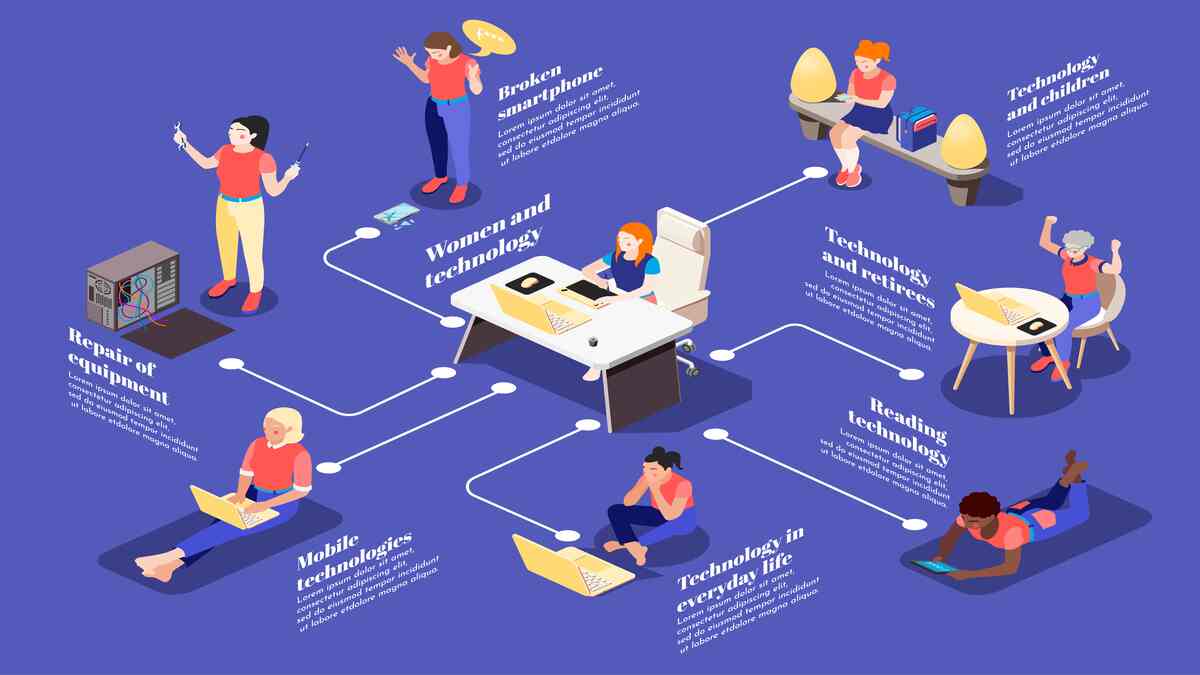
Artificial Intelligence (AI) has revolutionized industries across the globe, and the automation sector is no exception. With its ability to learn, reason, and make decisions, AI is transforming how we automate tasks and streamline processes. By integrating AI into automation workflows, businesses can achieve greater efficiency, accuracy, and productivity.
AI Workflow Automation can help organizations reduce manual effort, improve decision-making, and accelerate time-to-market for new products and services. By automating repetitive tasks, employees can focus on more strategic and creative work, leading to increased job satisfaction and overall productivity. When planning a project, AI-powered tools can help you estimate timelines, allocate resources, and identify potential risks. This can help you create more realistic and achievable project plans.
AI for Workflow Automation refers to using Artificial Intelligence technologies to streamline, optimize, and automate repetitive tasks and processes within workflows. It leverages AI’s ability to analyze data, recognize patterns, and make intelligent decisions to enhance business operations’ efficiency, accuracy, and productivity.
Several types of AI tools can be used to automate workflows:
This type of AI enables systems to learn from data and improve their performance over time. Machine learning algorithms can automate data entry, classification, and prediction tasks.
NLP allows machines to understand and interpret human language. NLP tools can automate tasks like customer service chatbots, document analysis, and sentiment analysis.
Computer vision enables machines to interpret and understand visual information from the world. This technology can automate quality control, object recognition, and autonomous vehicle navigation tasks.
RPA is a software technology that automates repetitive tasks like data entry and form filling. When combined with AI, RPA can be made more intelligent and adaptable.
AI can be used to automate various aspects of workflow processes, including:
AI-powered IDP tools can extract structured data from unstructured documents like invoices, contracts, and reports. This eliminates manual data entry, reducing errors and speeding up processes.
AI-powered OCR technology can convert scanned documents or images into editable text. This is particularly useful for digitizing historical records or paper-based workflows.
NLP techniques enable AI to understand and process human language. This is valuable for extracting data from emails, chat logs, and other text-based sources.
AI can analyze real-time data streams to make quick, data-driven decisions. This is crucial for applications like fraud detection, network security, and supply chain management.
AI algorithms can forecast future trends based on historical data. This helps organizations anticipate demand, optimize inventory levels, and make proactive business decisions.
AI-powered recommendation systems can suggest products, services, or content to users based on their preferences and behavior. This is widely used in e-commerce, streaming services, and content platforms.
Chatbots can handle routine customer inquiries, freeing human agents to focus on complex issues. They can provide 24/7 support, improving customer satisfaction.
AI can analyze customer feedback, such as social media posts and reviews, to gauge sentiment and identify areas for improvement.
AI-powered virtual assistants can automate scheduling meetings, booking travel, and answering questions.
AI can analyze process logs to identify bottlenecks, inefficiencies, and deviations from standard operating procedures. This enables organizations to optimize their workflows and reduce costs.
AI can enhance RPA by automating complex tasks that require decision-making and problem-solving.
AI can help organizations design, execute, and monitor business processes, improving efficiency and agility.
AI can accurately predict future demand for products or services, helping businesses optimize production and inventory levels.
AI can identify potential risks and threats, such as cyberattacks or financial fraud, enabling organizations to take proactive measures.
AI can predict which customers are likely to churn, allowing businesses to take steps to retain them.
The benefits of AI in workflow automation are numerous:
AI can automate repetitive tasks, freeing human workers to focus on more strategic work.
AI algorithms can reduce errors and ensure accuracy in data entry and decision-making.
AI can process large amounts of data quickly, accelerating workflows.
AI-powered insights can help businesses make better decisions.
AI can reduce labor costs and operational expenses.
AI-powered tools can provide faster and more accurate customer service.

An AI-powered automation platform that connects apps and services to automate repetitive tasks.
Free plan available; Paid plans start at $19.99/month.

A leading platform for robotic process automation (RPA) using AI to simplify workflows.
Custom pricing based on enterprise needs.

A powerful RPA tool for automating business processes across different industries.
Custom pricing: Free trial available.

A Microsoft platform to automate workflows and integrate apps with AI capabilities.
Starts at $15/user/month.
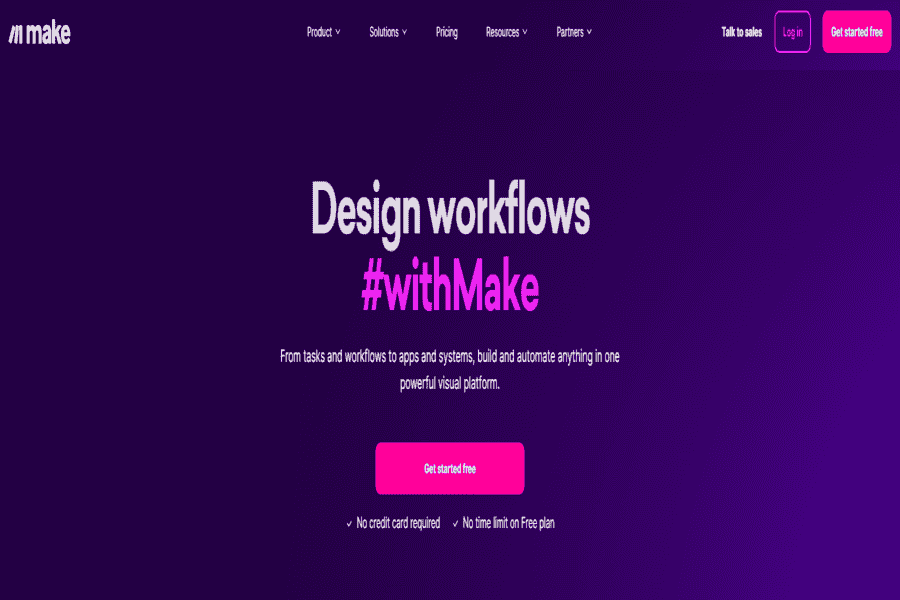
A visual platform for automating and optimizing workflows between apps.
Free plan available; Paid plans start at $9/month.

A no-code platform for integrating apps and automating workflows with AI.
Custom pricing: Free trial available.

A task and workflow management tool enhanced by AI for automating project processes.
Free plan available; Paid plans start at $10.99/user/month.
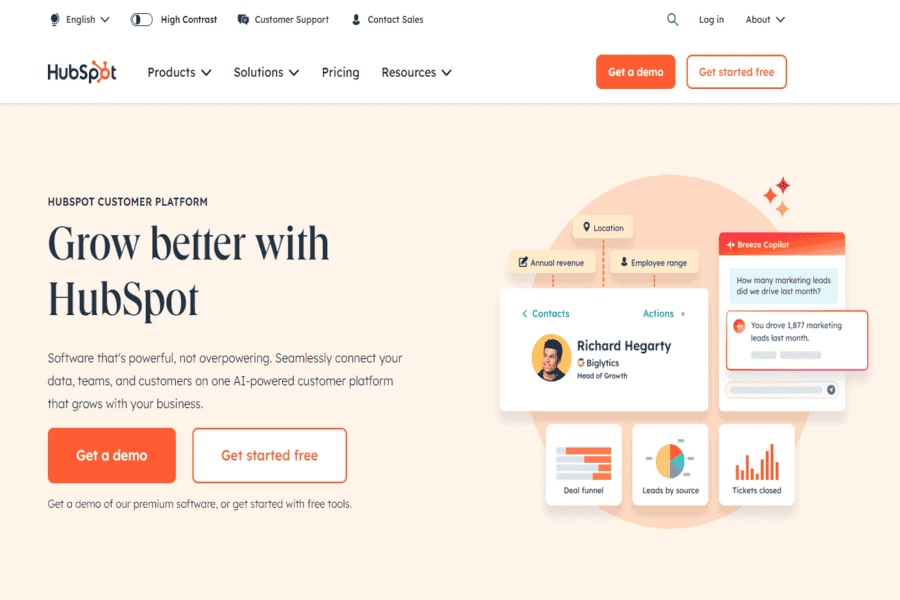
A CRM and marketing automation tool with AI for sales, marketing, and workflow optimization.
Free CRM is available; Paid plans start at $45/month.
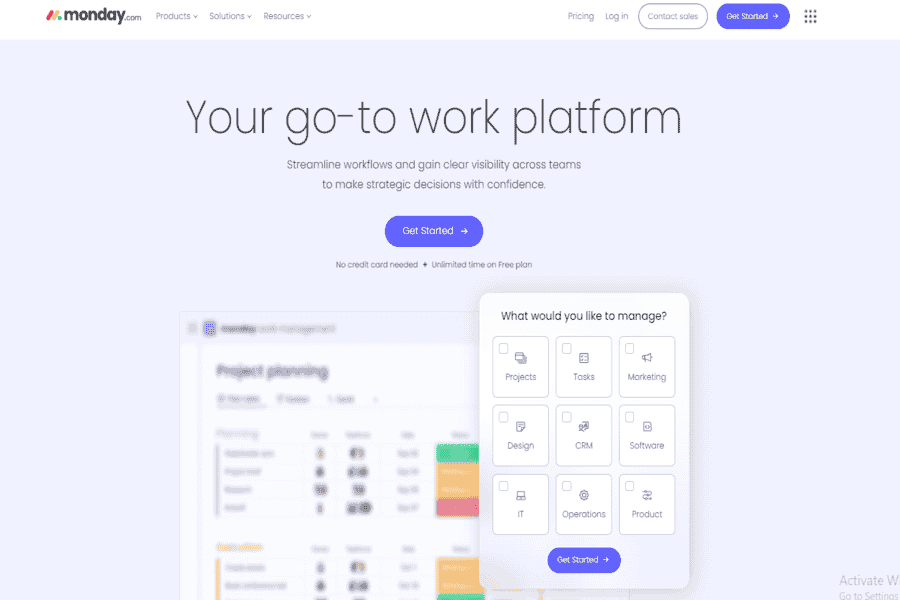
A work operating system with AI-driven automation for project management and workflows.
Free plan available; Paid plans start at $8/seat/month.

A leading RPA platform with AI capabilities for end-to-end business process automation.
Custom pricing: Free trial available.

A process management and automation tool leveraging AI to streamline workflows.
Custom pricing: Free trial available.

A Kanban-based tool enhanced with AI for automating project management workflows.
Free plan available; Paid plans start at $5/user/month.

A budget-friendly alternative for automating workflows with AI-enhanced features.
Free trial available; Paid plans start at $25/month.
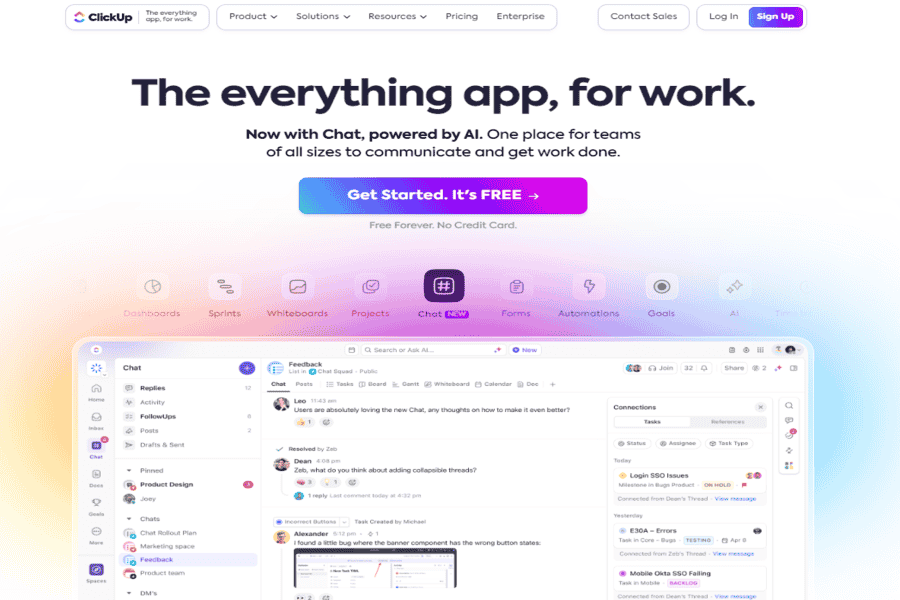
A productivity platform with AI-powered automation for managing tasks and workflows.
Free plan available; Paid plans start at $5/user/month.
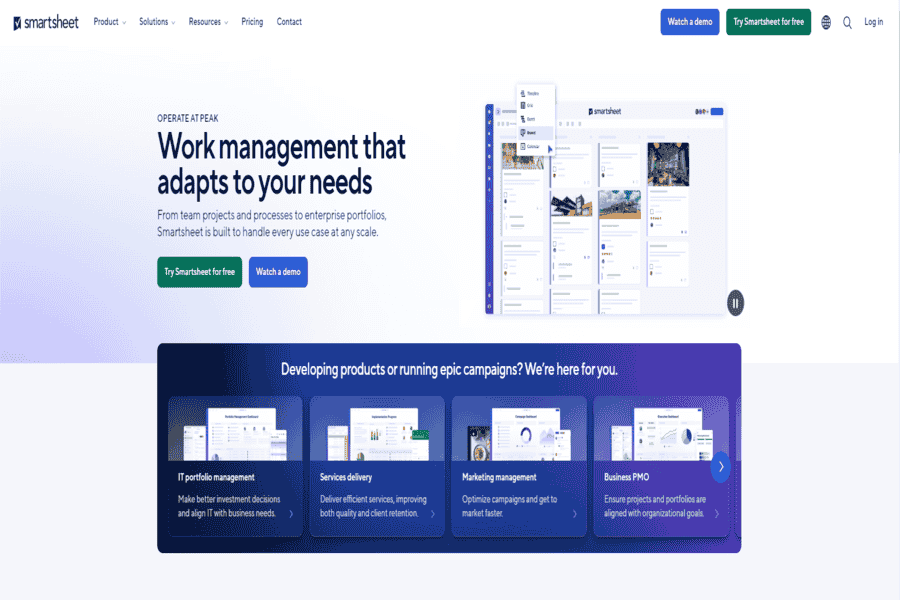
A work management platform with AI-based automation for collaboration and task tracking.
A free trial is available; paid plans start at $7/user/month.
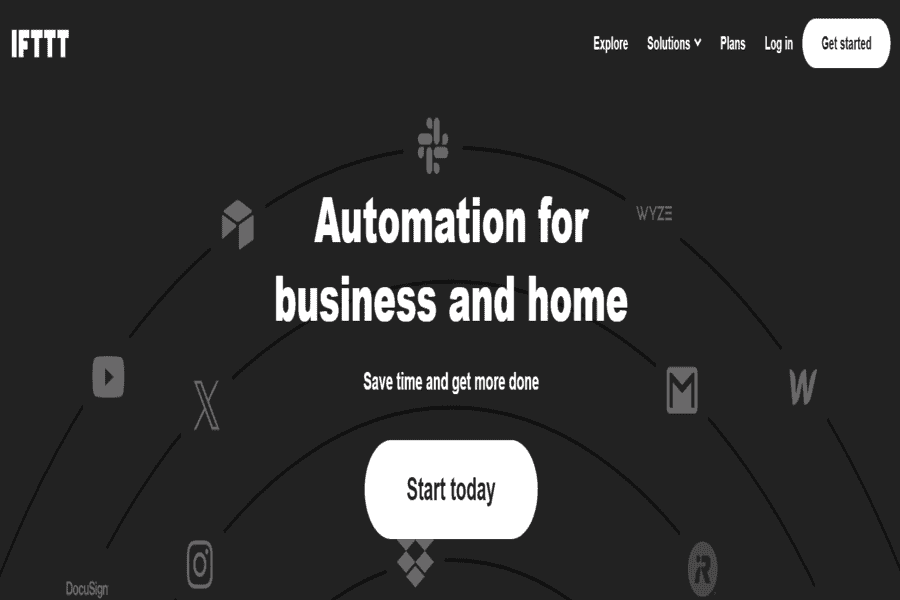
A simple automation platform to connect apps and devices with “if this, then that” rules.
Free plan available; Paid plans start at $2.50/month.
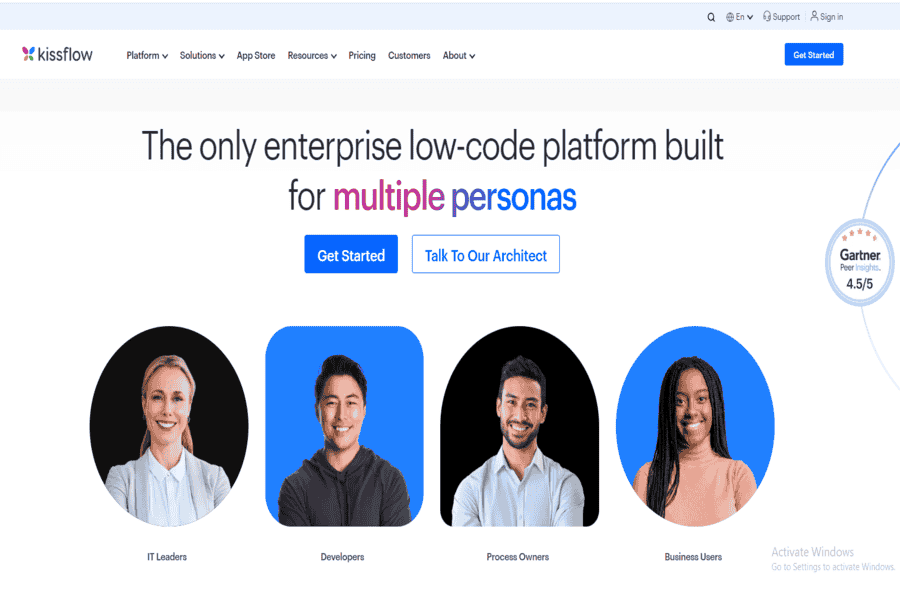
A cloud-based business process management tool with AI-powered workflow automation.
Starts at $10/user/month.
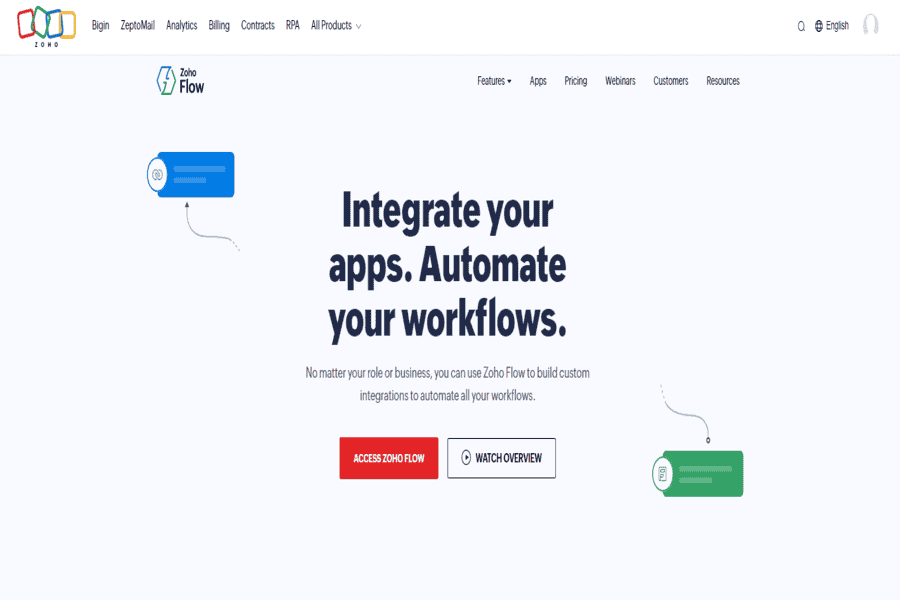
A Zoho platform for automating workflows across apps and services with AI.
Free trial available; Paid plans start at $10/month.
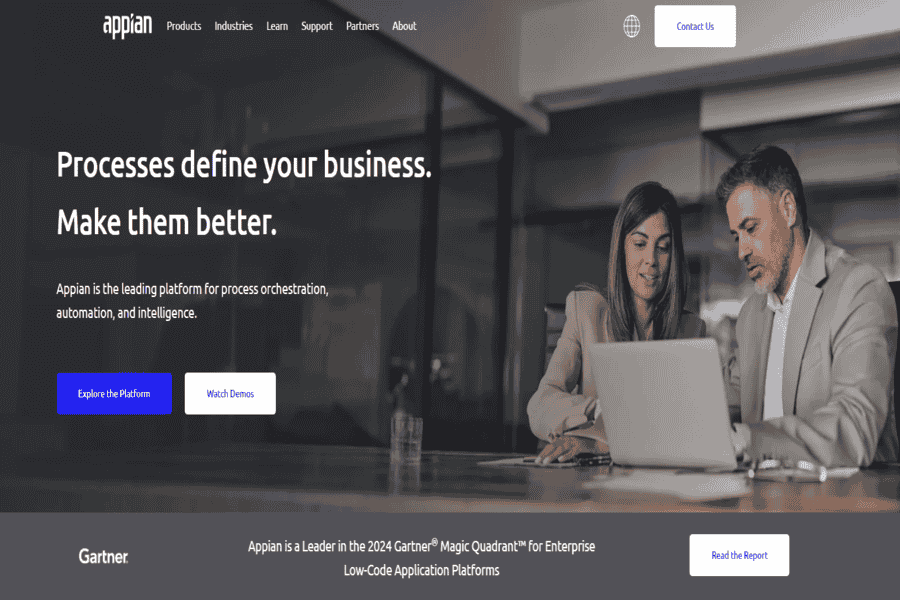
A low-code platform with AI integration for workflow and business process automation.
Custom pricing: Free trial available.
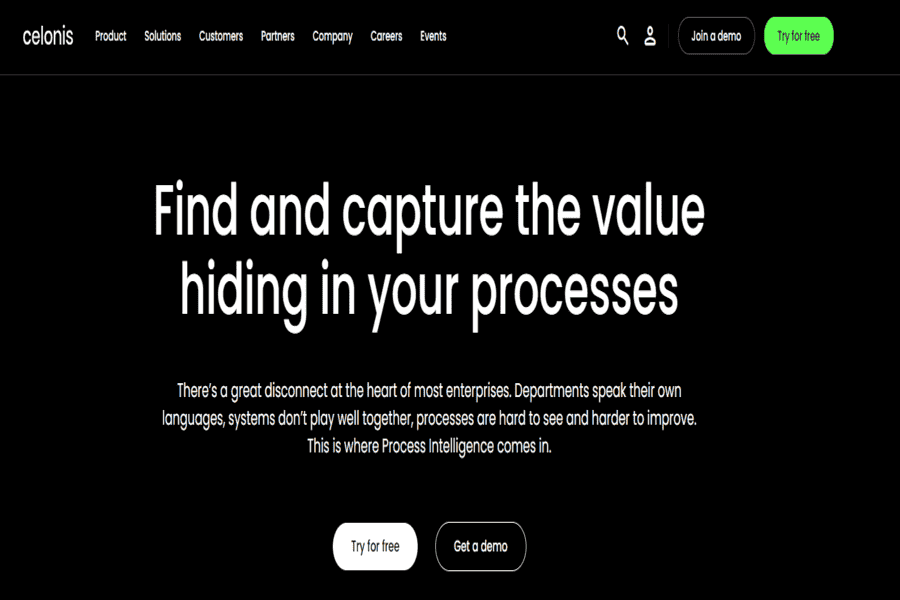
A process mining and execution management platform with AI-driven automation tools.
Custom pricing: Free trial available.
While AI offers significant benefits, there are also challenges to consider:
AI models rely on high-quality data to function effectively. Data quality can lead to accurate results.
AI raises ethical concerns like bias, privacy, and job displacement.
Implementing AI solutions can be costly, particularly for small and medium-sized businesses.
AI requires specialized skills and expertise to develop and deploy.
The future of AI in workflow automation is bright. Here are some key trends to watch:
Hyperautomation is the next frontier in automation, aiming to automate as many tasks as possible. Organizations can streamline complex processes and achieve significant efficiency gains by combining AI, RPA, machine learning, and other technologies.
AI-powered process discovery tools can analyze existing business processes and identify opportunities for automation. These tools can:
AI algorithms are becoming increasingly sophisticated, enabling them to make complex decisions with minimal human intervention. This empowers organizations to:
Traditional RPA tools are becoming more intelligent with the integration of AI. AI-enhanced RPA bots can:
As AI becomes more pervasive, it is crucial to address ethical considerations. AI for ethical automation focuses on the following:
AI is a powerful tool that can revolutionize workflow automation. By understanding the types of AI tools, their applications, and the potential benefits and challenges, businesses can leverage AI to achieve greater efficiency, accuracy, and productivity. As AI technology evolves, embracing it responsibly and ethically to maximize its potential is essential.
